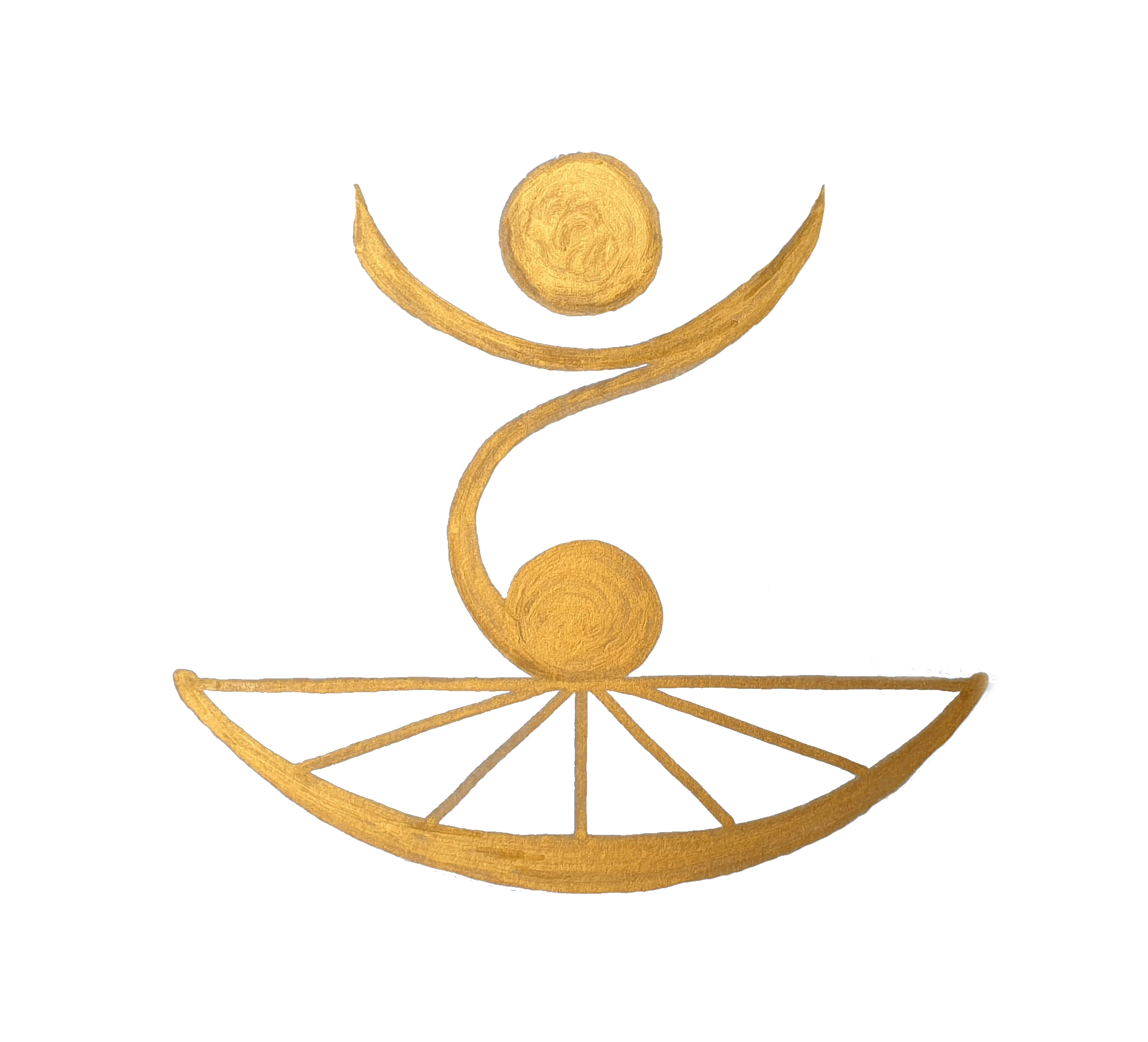Bearing Witness
In times of doubt, disbelief, and insecurity, the practice of bearing witness can be
an important aspect of our awareness and presence.
Bearing witness can be defined as acknowledging that something exists or is true.
From a Buddhist perspective, and specifically the Zen Peacemakers Order, to bear
witness is to embrace both the joy and the suffering we encounter. Rather than
simply observing the situation, we become the situation. We become intimate
with whatever it is—hunger, poverty, discrimination, disease, or death.
Bearing witness invokes a sense of interconnectedness, a direct realization of the
wholeness of life.

When we analyze and judge a situation, we normally come to it with all of our
ideas and habitual beliefs. We are only able to see it through the lens of our
conditioned thinking. But when we shift to the practice of bearing witness, we
suspend our analytical thinking and move to a place of open awareness. This
allows the witnessing presence to become one with whatever situation we
encounter.
To bear witness, we need to set aside the focus on our own reactions and enter a
place of stillness and receptivity. Bearing witness in the world, we are cultivating
the same ground of open heart and mind that we practice in our meditation. This
brings us to the question, “What is the benefit of bearing witness practice?”
Psychologically, it enables us to connect with a place of real empathy. It also
provides a kind of catharsis, a release from our emotional reactions of pity,
shame, or fear. Spiritually, bearing witness invokes a sense of interconnectedness,
of oneness, a direct realization of the wholeness of life.
Politically and socially, it enables us to see clearly the entire web of causes and
conditions that create suffering, and to take effective action to improve people’s
lives.
FROM LIONS ROAR JULES SHUZEN HARRIS



